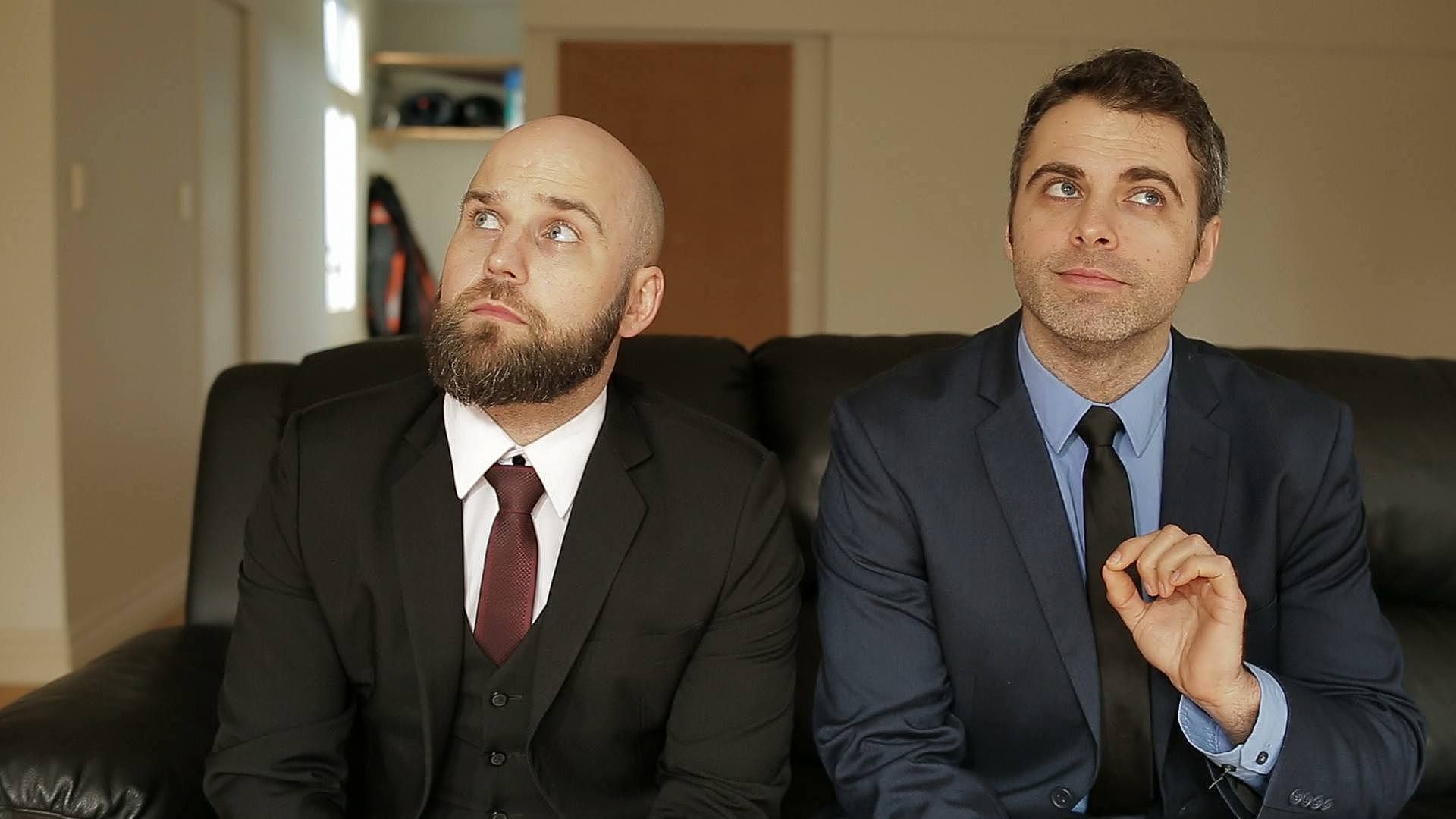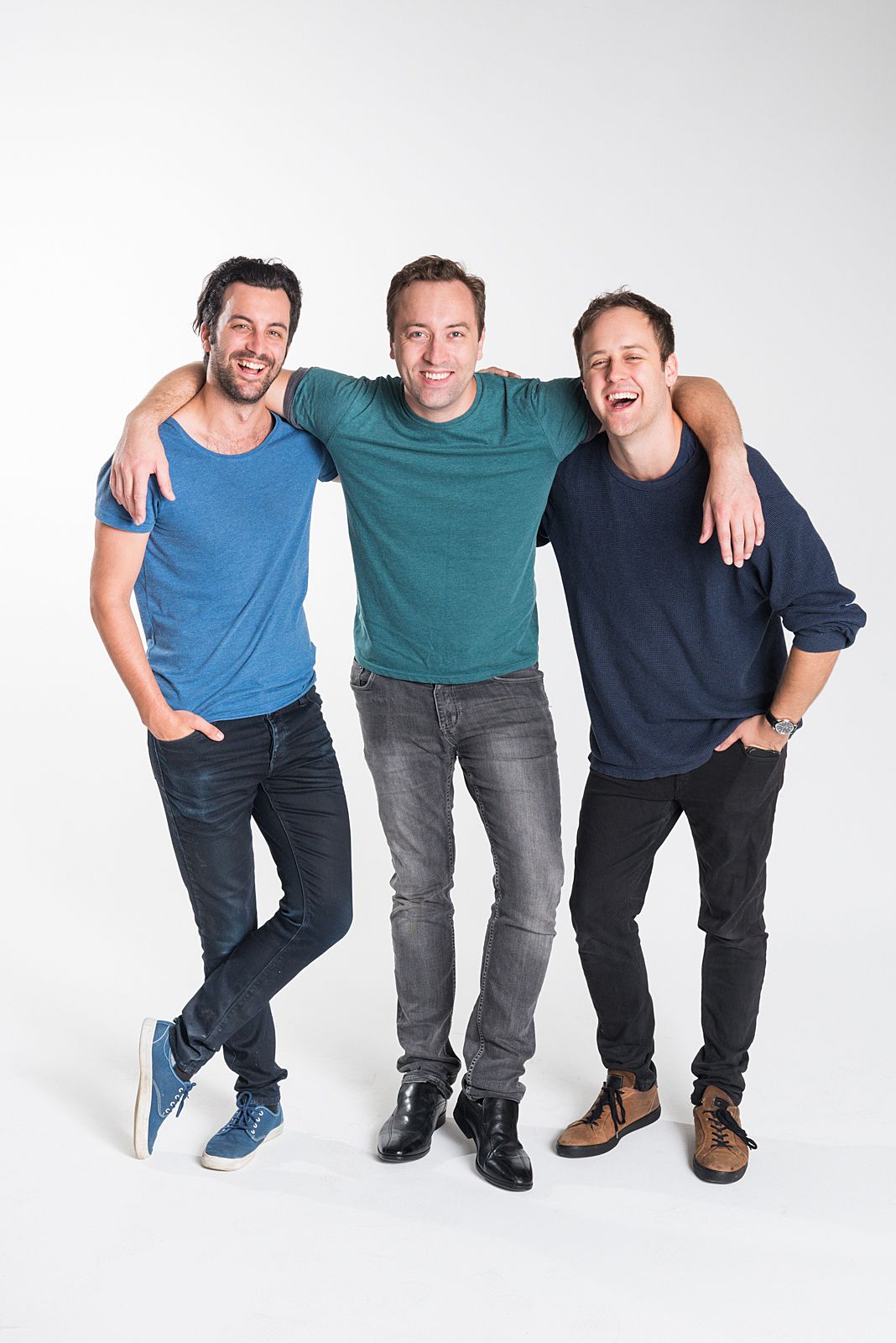Sourcing superfans: on nurturing local creative communities
Immi Paterson-Harkness examines how boot-strappy local production companies build their audiences into champions and advocates - and some of the downsides that come with all the attention.
Immi Paterson-Harkness digs into how boot-strappy local production companies build their audiences into champions and advocates - and some of the downsides that come with all the attention.
Stand at any bus stop and observe the people around you: heads down, eyes on phones, reading the latest Trump tweet reposted by a friend of a friend, commenting on the clip of a dog dressed as a giant spider with 167 million views and climbing. Vlogging, sharing, tagging, subscribing. For homegrown artistic industries – music, film, literature – this communal virality has been revolutionary, opening the door to international audiences. But doors go both ways, and engaging with multitudes of anonymous fans can be more trouble than it’s worth.
“I do get a little concerned when I get weird messages from people who are in New Zealand,” says Harley Neville of Pigville Productions. “Not someone in America on the other side of the world, but someone within ten hours’ drive, probably closer.”
Pigville was started 17 years ago by Neville and high school friend Guy Pigden, back before even Myspace or hi5. Pigden used the money he earned on his milk run to hire-purchase a camera, and they shot their first film in the cemetery above their school. He then edited the film using two VCRs; distribution involved taking the finished tape around to people's houses and “making them watch it.” Pigville’s come a long way (and about 130 YouTube clips) from there: they're in post-production for their second feature, Older, and their short film No Caller ID recently won Best Short Film at Sydney's ‘A Night of Horror’ and was announced as one of the top three stand-out films at Screamfest in Los Angeles. Pigden attributes their success to social media. “Had there been no social media, we could still be those guys sharing our films by going around to people's houses and playing them to them.”
Still, Neville seems a little disconcerted that people would also be able to identify his girlfriend via Facebook, or his mother. Thirty years ago a fan would have been lucky to find a postal address; these days a filmmaker can’t even bluff not receiving correspondance, since Facebook tells the sender when a message has been read.
“It can be a bit creepy,” says Neville.
Creepiness aside, the ‘social’ aspect is an obvious boon. With all that liking and sharing, fans are an important marketing channel, and Neville’s adamant that the more interaction he has with fans on a personal level, the more they share his work with friends. Pigden agrees: “They feel they are part of something in a way they wouldn't if social media had never come along.”
Pigden and Neville make a conscious effort to mention their fans in their weekly podcast, they've thrown house parties for their listeners, and Neville in particular spends a great deal of time each day interacting with their followers. “I always have a backlog of messages to reply to,” he admits.
Superfans, King says, are earned.
As Adam King (one third of Viva La Dirt League – ‘VLDL’) explains, the aim is to make ‘superfans’ of your audience. “They're the ones who no matter what are going to share the post. They're the ones who, because they love you so much, do the extra leg work.”
Rowan Bettjeman and Alan Morrison make up the other two thirds of VLDL, and started VLDL as a humble YouTube channel, which has since evolved into a “video-content ecosystem between YouTube, Facebook, Instagram, Twitter.” An impressive output sees them releasing three new videos per week – Epic NPC Man (Mondays), about a self-aware 'non-playable character' in a computer game; Bored (Fridays), a series set in a computer store on the North Shore; and random gaming-related skits, which they post on Wild Card Wednesdays. So far they have over 150,000 Facebook followers and 90,000 YouTube subscribers.
Superfans, King says, are earned. The wife of a fan contacted VLDL recently and said it was her husband's birthday. He loves Epic NPC Man, so the VLDL team cooked up a personalised video for her husband and made two new superfans in the process.
But all this personal, individual interaction is time consuming. Talking to King gives the impression he barely has time to eat and sleep around his VLDL schedule and TVNZ day-job. Three of four filmmakers I spoke to described their social media regime as a “time suck”, a procrastination tool, and one that might get in the way of actually producing new content.
Being so friendly online comes with the further problem of giving people the wrong impression. While Neville was attending Screamfest at LA, one of his Facebook ‘friends’ was bitterly offended when Neville chose not to socialise with him in person, promptly ending the online friendship. Neville, dwelling on the incident, seemed just as concerned about all the wasted time as the actual lost friendship.
And what happens when Joe Public is critical rather than appreciative? Tom Hern, producer and co-founder of Four Knights Film said that filmmakers have to prepare themselves for direct negative public feedback. “Even if you have an Oscar-winning film, you’ll get people who will hate it, and you'll know about it. People don't seem to be shy to let you know.”
Four Knights Film (founded by Hern and James Napier Robinson) is best known for the award-winning feature The Dark Horse (2014). Their latest movie is Pork Pie, a modern remake of the classic Goodbye Pork Pie, currently playing in cinemas. “We had some quite gnarly reactions [to The Dark Horse]... When you are dealing with emotional material that can obviously bring out emotional responses from people who take it quite personally, and have strong feelings about it.” Pork Pie came under attack even before it was aired, by fans of the original film who had ‘strong feelings’ about what the new one should be like. But Hern wasn't too concerned – he believes a full spectrum of responses is a sign you're creating powerful work.
Neville puts the sometimes confronting feedback down to the anonymity of the internet. “If you went to somebody’s art exhibition, you’d never say [to the artist] 'that sucks. Don’t give up your day job'.” On the internet we’re one stepped removed, so the social rules don't apply in the same way.
Despite occasional abuse and the criticism that direct fan engagement allows, publicising creative projects via social media is far cheaper that traditional forms of advertising, while also being a means to raising capital.
“We got on board the social media bandwagon quite early with our first feature I'm not Harry Jenson,” Hern says. It was 2009 and they had a tiny marketing budget, but were lucky to work with advertising executive Lachlan McPherson. He suggested they offer people a credit on the DVD release of the film in exchange for changing their Facebook name to ‘Harry Jenson’. The small, personal touch went a long way towards promoting their film, and McPherson won awards for what was considered a novel ploy in the early age of social media.
VLDL, whose main audience is the online gaming community, do well through Patreon – a subscription service where fans pay a monthly tithe of their choice. Pigville also funded their film Older through online crowd-funding, and Neville is convinced that next time they crowdfund they'll do even better, simply because their online presence is now stronger.
But interacting with fans pays off in tangible ways, too. After a recent call-out on Facebook for extras and crew to work on Older pickups, Pigville was so inundated with volunteers that they had to send someone to print more release forms mid-shoot. VLDL often receive messages from fans suggesting new ideas for skits – “People have literally sent us scripts before,” says King.
Meanwhile, funding bodies have begun to adapt to the new ways audiences consume media. In 2013, NZ On Air created The Webseries Fund, in recognition of the fact that New Zealanders are actively seeking online viewing content. Last year, NZ On Air teamed up with YouTube to create ‘Skip Ahead’, a funding pool with strict eligibility criteria. VLDL received $80,000 from Skip Ahead to develop their new webseries ‘Rekt’, about “a ragtag group of gamers who are trying to make it big on the world stage of e-sports.”
King describes VLDL’s audience as a community.
'New Blood' is a much-discussed new opportunity for online content creators. Run by TVNZ and supported by NZ On Air, the fund awards the creator of the best-judged webseries pilot $100,000 to create the rest of the season. A panel will decide on a shortlist of finalists, but the overall winner will be voted on by the public. “Up until recently, any funding of any sort was decided by 'the board',” says Pigden, whereas New Blood is directly influenced by public opinion. In this sort of situation, filmmakers need as many superfans as possible, which raises the spectre of hordes of people voting for a lowest common denominator. “If this was used as the exclusive system,” Guy says, “most of the great television shows would probably never have been made.”
More than money and publicity, though, most filmmakers suggested the most signficant benefit of growing an online community of followers is that they know their work is appreciated. “It's been really special being able to receive feedback directly through social media,” Hern says. “It's been at times inspiring and uplifting.”
Neville says that through their personal messages he's gotten to know them, the fans, and that making content for an audience he knows is more satisfying than a faceless crowd. “They've been very supportive, very good to us.”
King describes VLDL’s audience as a community. He says that once VLDL realised that Facebook and YouTube weren't just places to post links but to engage with fans, things really started happening for them. With any community you have to take the bad with the good.
Pigden said that it’s the fan’s positivity that helps him maintain his motivation, passion and drive. “Those little things go a long way to making yourself pick yourself up, dust yourself off, and get up and do it again the next day.”


